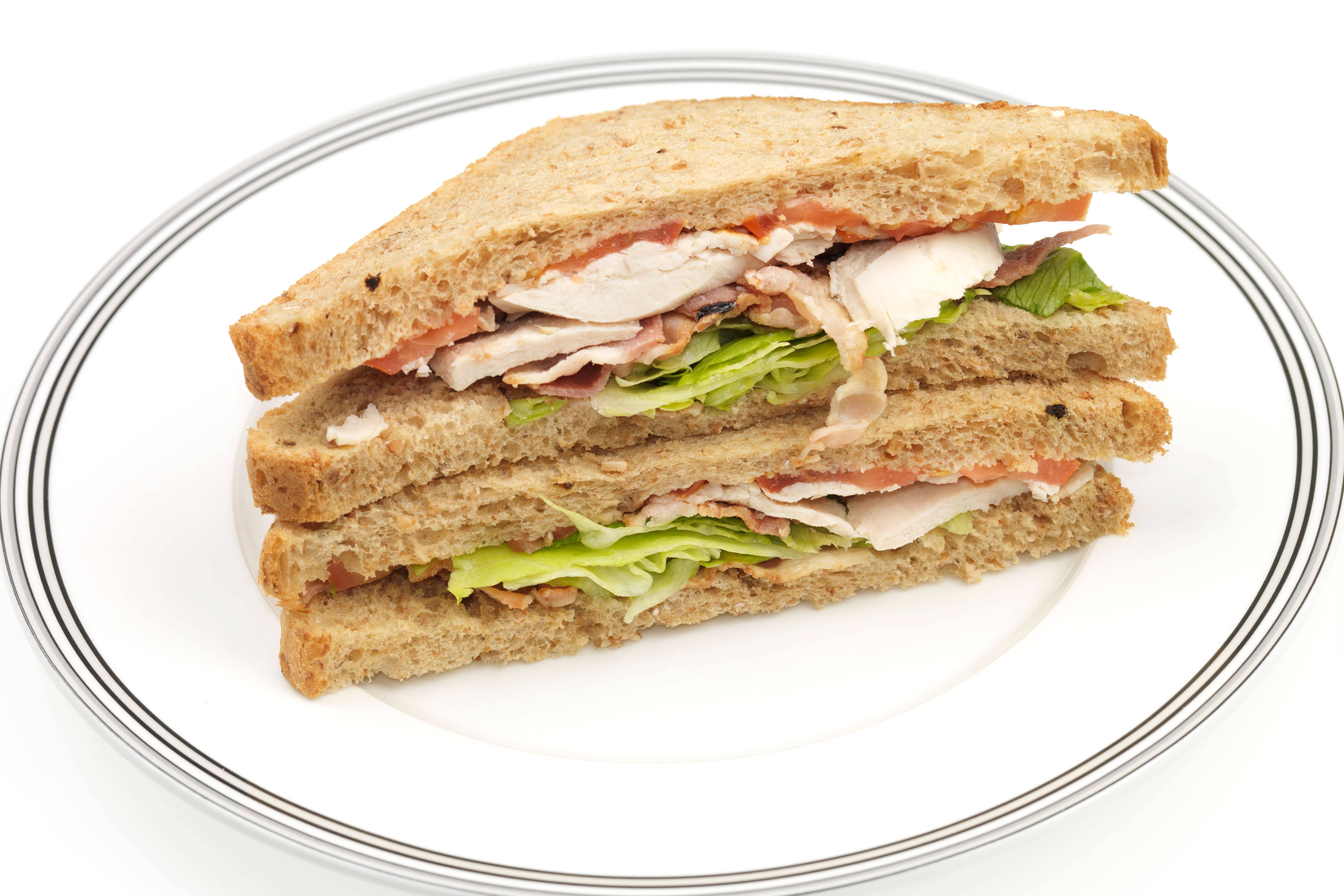What the E coli sandwich outbreak tells us about the state of the economy
The mass recall of convenience food items amid contamination fears has shone a spotlight on the labour and skills shortage bedevilling the catering industry – but, post-Brexit, it’s a common complaint from many businesses, says James Moore


Britain is a services superpower. From retail and hospitality to the financial sector, “services” account for a dominant part of the UK economy – just over 80 per cent, in terms of both gross domestic product and employment.
So when the service industry is hit by a crisis – say, by a major recall of pre-packed sandwiches, wraps and salads due to a possible contamination with E coli – we all feel queasy.
Last week, product recall notices were issued on 45 different sandwiches, wraps and salads sold in major supermarkets and high-street retailers – including Tesco, Sainsbury’s, Asda, Morrisons, Aldi, the Co-Op, and the pharmacy chain Boots – following hundreds of reports of bacterial infection.
A second sandwich manufacturer, Samworth Brothers Manton Wood, which supplies Tesco and One Stop convenience stores, recalled a further 15 products amid fears of possible E. coli contamination.
The Food Standards Agency has since announced that a third manufacturer, This!, issued a customer recall over its vegan chicken and bacon wrap, which is sold exclusively at branches of WHSmith.
You can’t be too careful with E coli. The symptoms are horrid: severe diarrhoea, stomach cramps, vomiting and fever. The UK Health Security Agency says that so far there have been 211 cases across Great Britain and Northern Ireland, with 67 people admitted to hospital.
While health officials are still working to track down the source of the outbreak, salad leaves are believed to be behind the contamination.
If you’ve seen any of these stories, you will have seen pictures of white-coated and plastic-hatted factory workers making these sandwiches. They won’t be getting a huge salary, because if you’re going to turn a profit-producing pre-packed food, you’re not going to be able to pay the people who make them very much. And, as a general rule, when margins get tight, corners are sometimes cut.
The service economy, of course, covers more than just catering – everything from the corner shop at the end of the road to the giant investment banks in the City of London. But in between that lot, poor pay and tight margins are not at all uncommon. We want things made easy and convenient for us, and we don’t much like paying for it.
One of the biggest problems for many service-sector businesses is a labour and skills shortage – a common complaint from many businesses post-Brexit. But this is the sand on which UK plc is built these days. It is partly because we refuse to invest in those sectors that are capable of better – and it applies to both our public and private realms. Our politicians don’t want to acknowledge that persistent underinvestment in the UK economy is leaving it stuck in the slow lane.
Right on cue, however, the Institute for Public Policy Research think tank has just released research demonstrating the cold reality. The report card on the UK’s investment performance should read “dismal” – it is worse than every other country in the G7. The report is aptly titled “Rock Bottom”.
We need to do better. Our politicians and business leaders need to do much better. Biting the bullet and injecting some cash into sectors that could do better might not be easy, but episodes like this show how it is essential that action is taken now.
Join our commenting forum
Join thought-provoking conversations, follow other Independent readers and see their replies
Comments
Bookmark popover
Removed from bookmarks